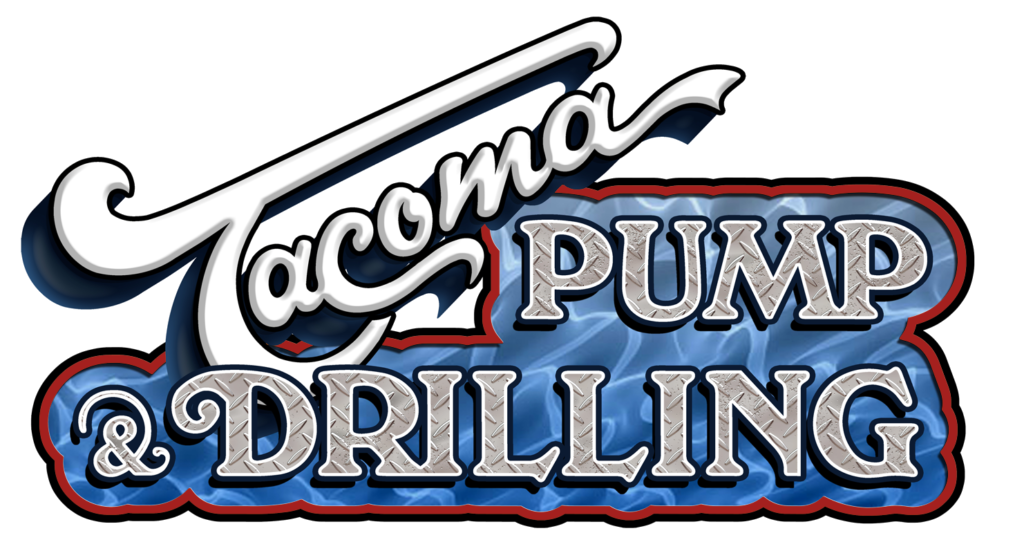Residential Water Wells
Specializing in Residential Water Production Wells
We specialize in residential water production wells. We drill wells to procure water for our customers, and our primary work on residential projects is for drinking water supply and irrigation use. For our residential clients, we believe that we can offer you a well that will structurally last a lifetime. Our processes are based on the emphasis of proper well construction, development, and screen sizing. All of this is to make sure our future business is earned by word of mouth and satisfied customers.
Wells are drilled into aquifers to extract water for homes, businesses, agriculture, and industries. Aquifers are layers of underground rock that are saturated with water. Water from rainfall, snowmelt, lakes, streams, and wetlands seep into the ground and collects in the spaces in the rock similar to water in a sponge. Proper well location and construction are key to the safety of your well water. The well should be located so rainwater flows away from it. Rainwater can pick up harmful bacteria and chemicals on the land’s surface. If this water pools near your well, it can seep into it and potentially cause health problems. Contact us to talk about your upcoming drilling project.
What All Goes Into A Water Well?
Well Casing – is the tube-shaped structure placed in the well to maintain the well opening from the target groundwater to the surface.
Well Caps – are placed on top of the well casing to prevent debris, insects, or small animals from getting into the well.
Well Screens – are attached to the bottom of the casing to prevent too much sediment from entering the well.
Pitless Adapter – is a connector that allows the pipe carrying water to the surface to remain below the frost line.
Jet Pumps – are the most commonly used pumps for shallow wells (depth of 25 feet or less).
Submersible Pumps – are the most commonly used pumps for deep private wells.

Quick Resources
We have provided resources here for you that are frequently asked questions. If you do not see something here please reach out to us.
General Well Information
You will need to contact a licensed well driller to decommission a well. Washington law requires all wells to be decommissioned by a licensed driller. A licensed driller will have experience with well construction and decommissioning materials and methods. They also know about the local geology. All of this knowledge is necessary to safely and properly close a well.
